Common but Different: Africa and Europe’s climate responsibilities
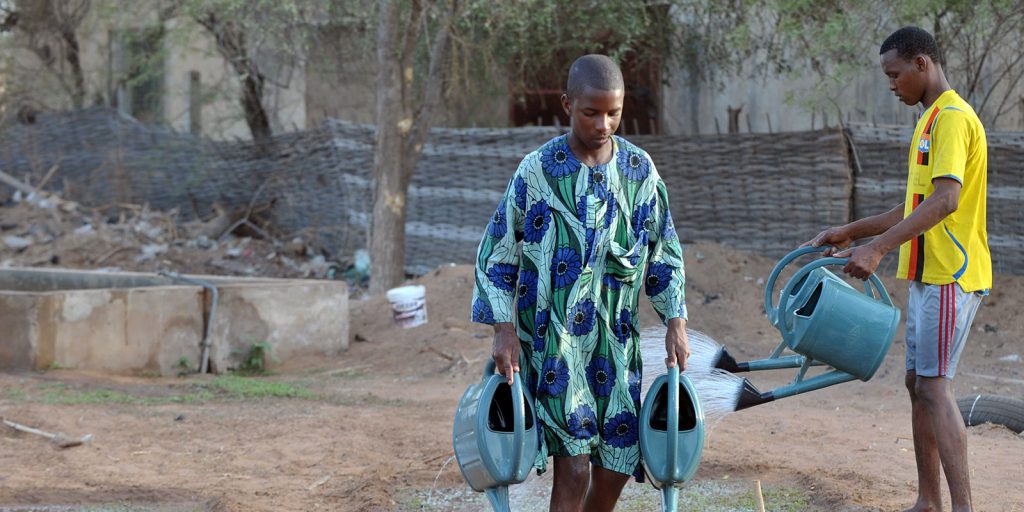
When it comes to climate change, Africa and Europe have one thing in common: countries in both regions are either signatories or parties to the Paris Agreement, which entered into force in 2016. This is not a trivial matter. It means that the 2017 Abidjan AU-EU Summit climate ambitions were based on a firm and approved framework. The EU, Africa’s main trading partner, has demonstrated its ambition to lead the climate transition with its European Green Deal. Africans should commend these policy goals and emulate them as much as possible, while at the same time warning their Northern partners about the possible negative impact of several Green Deal related EU legislations on the continent.
COVID-19 Conflict & Resilience Monitor – 17 March 2021
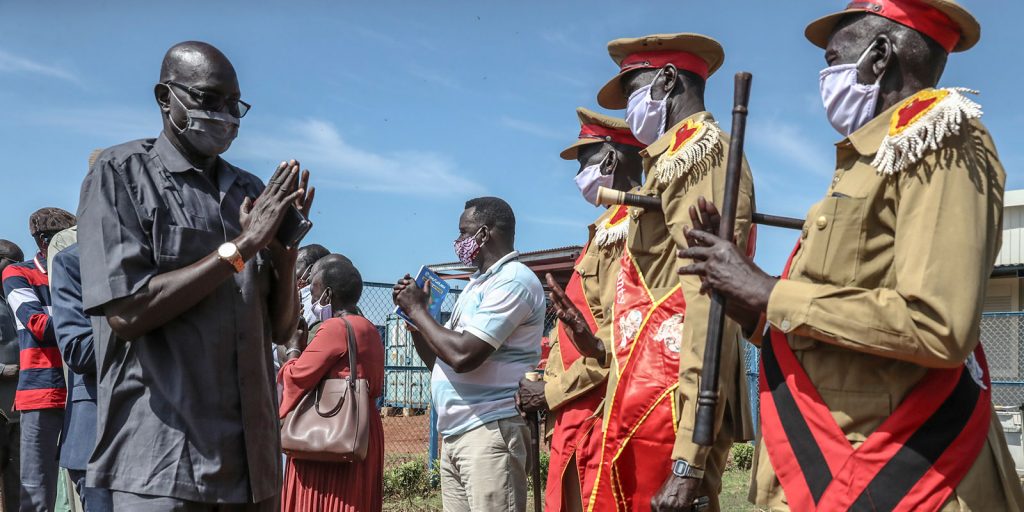
During the COVID-19 crisis ACCORD’s analysis will be focused on the impact of the pandemic on conflict and resilience in Africa.
The Current COVID-19 Situation in South Sudan
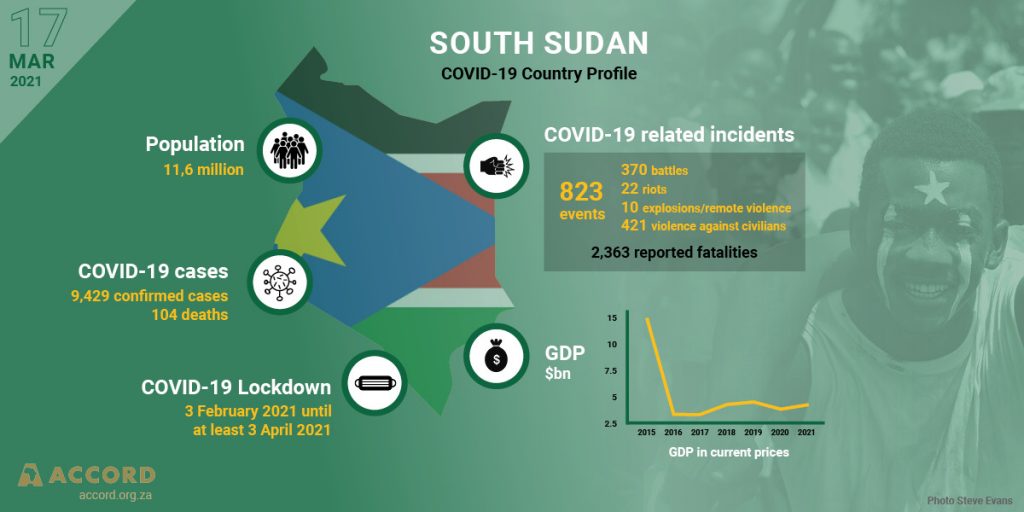
Since the start of 2021 South Sudan has seen a large increase in COVID-19 cases in the country. Over the course of 2020 and into January 2021 South Sudan recorded 4,000 cases of COVID-19. However, over the next month and a half, from the beginning of February through to March, this number has more than doubled to 8,870 confirmed cases. This rise in cases has unfortunately been accompanied by an increase in the number of COVID-19 related deaths bringing the total number to 102. While the number of tests carried out in South Sudan has risen, it cannot on its own account for the surge in cases. These facts indicate that a second wave, much worse than the first, is currently underway in South Sudan.
Slow Peace, UNMISS’s Impact and COVID-19 in South Sudan
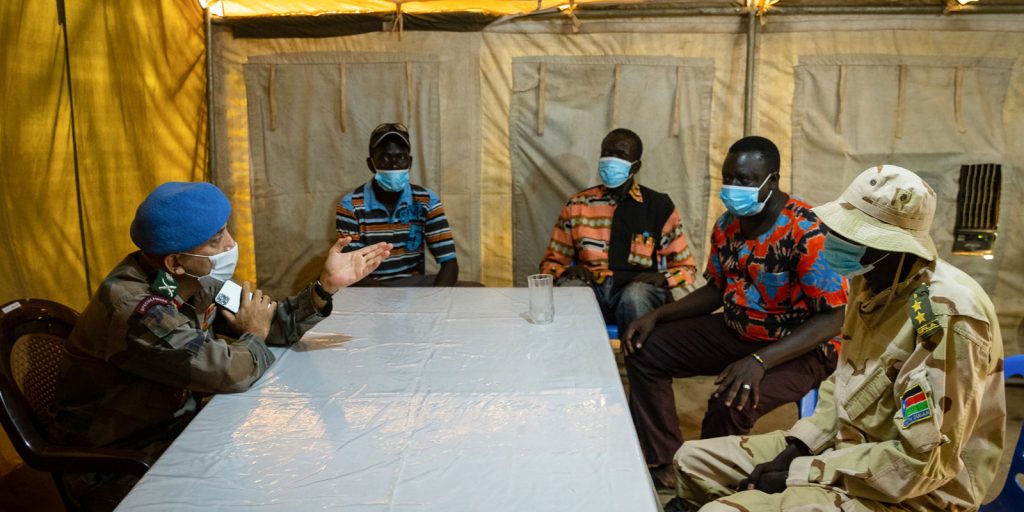
March 2021 marks a year after the executive branch of the Revitalized Government of National Unity (RTGoNU) was established partially in South Sudan at the national level. Since then the reconstituted Council of Ministers has been operationalized under the chairmanship of the President of the Republic, assisted by five Vice Presidents who represent the principal parties to the Revitalized Agreement on the Resolution of the Conflict in the Republic of South Sudan (R-ARCSS). These top political leaders were entrusted with running the machinery of the government through clusters of ministries, commissions, authorities, and independent specialized mechanisms. However, the peace process has been moving at a slow pace as key provisions of the R-ARCSS could not be implemented in time. The presence of the United Nations Mission in South Sudan (UNMISS) has become questionable too for pushing the parties into creating a conducive environment for the unification of forces, institutional reforms, humanitarian responses, return of displaced citizens, economic reforms, constitutional making, conducting population census and holding general elections towards the end of 36-month transitional period. The scourge of COVID-19 and associated restrictions have further complicated the peace process since 2020.
The Current State of Politics and the Peace Process in South Sudan
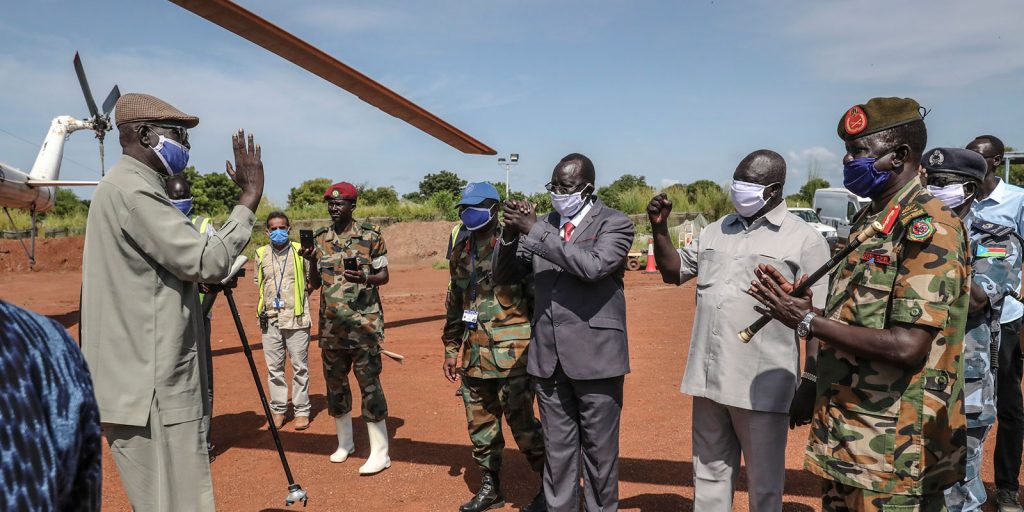
After seven years of deadly conflict and repeated attempts to reach peace deals in South Sudan, former rebel leader Dr. Riek Machar returned to Juba in February 2020 to be sworn in as Vice President as a part of the implementation of the September 2018 agreement. A combination of factors, including a lack of political will from the top leadership, the COVID-19 pandemic, flooding, and economic crises, has ensured very little progress during the implementation period from 22 February 2020, to 22 February 2021. During this time, the parties hesitatingly managed to form a government, but the parliament and national commissions are yet to be created.
The challenges of confronting COVID-19 amidst fragile peace in South Sudan
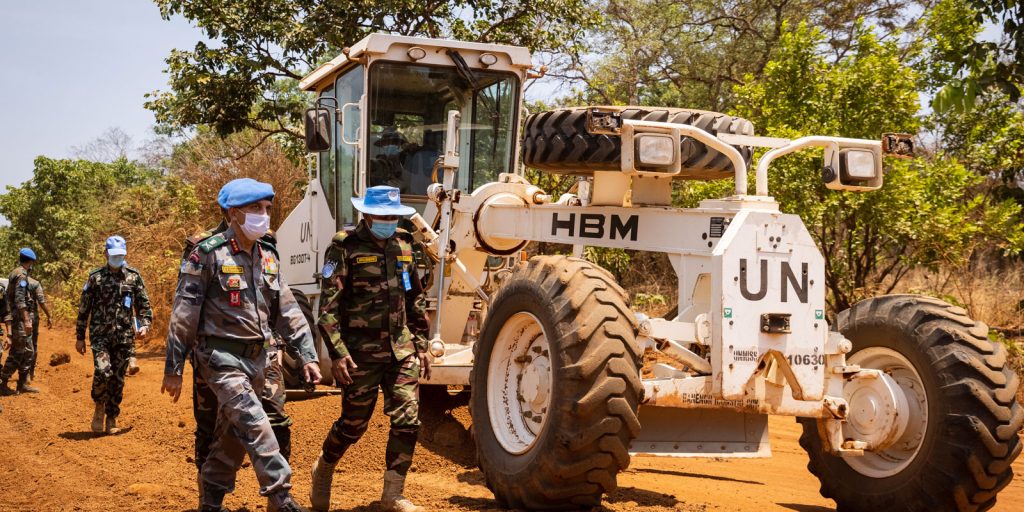
Just a few months ago, many South Sudanese were breathing a sigh of relief, believing that the worst of the COVID-19 pandemic had largely passed them by. Today, a virulent second wave is sweeping through the country causing huge harm to people’s health and wellbeing, damaging the already dire economy, and further interrupting the stagnating peace process. The number of cases is headed towards the 10,000 mark and there have been more than 100 deaths, although the true number of people affected by the virus is likely to be much higher given testing is largely limited to travellers and those with symptoms.
COVID-19 Conflict & Resilience Monitor – 10 March 2021
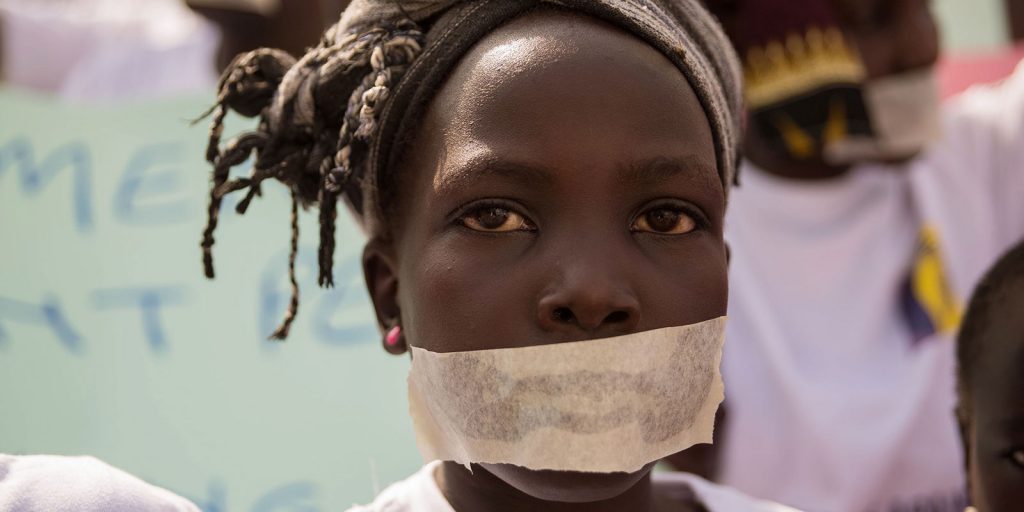
During the COVID-19 crisis ACCORD’s analysis will be focused on the impact of the pandemic on conflict and resilience in Africa.
From Crisis to Opportunity – Is Achieving an Equal Future in a COVID-19 World Possible?
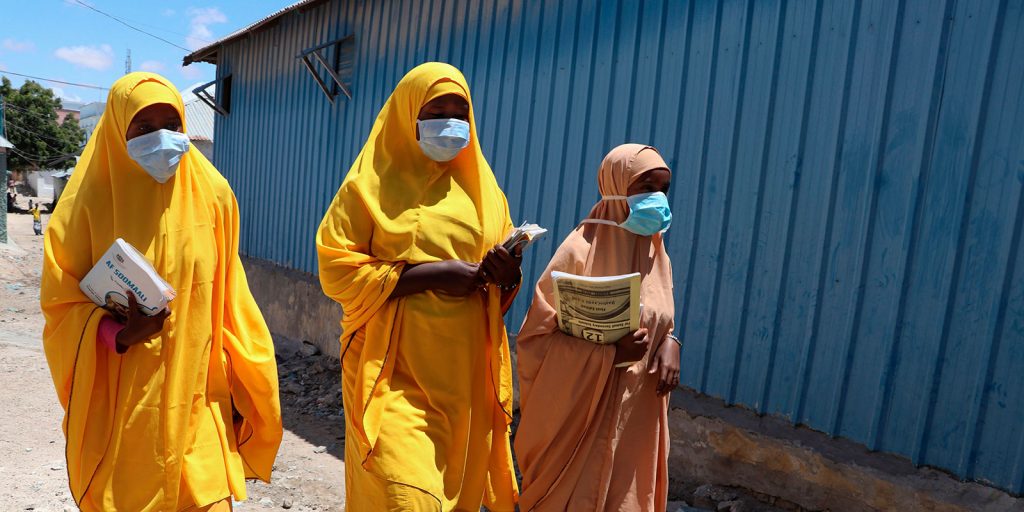
On Monday, 8 March, we celebrated the one hundred and eleventh International Women’s Day. For one hundred and eleven years, we have dedicated the 8th of March to celebrating the social, economic, cultural and political achievements of women and sending out a call to action for accelerating gender equality. A century and a decade since the first International Women’s Day, yet gender inequality and women’s socio-economic empowerment remain unfinished business.
International Women’s Day 2021: Empowering Women for an equal AfCFTA
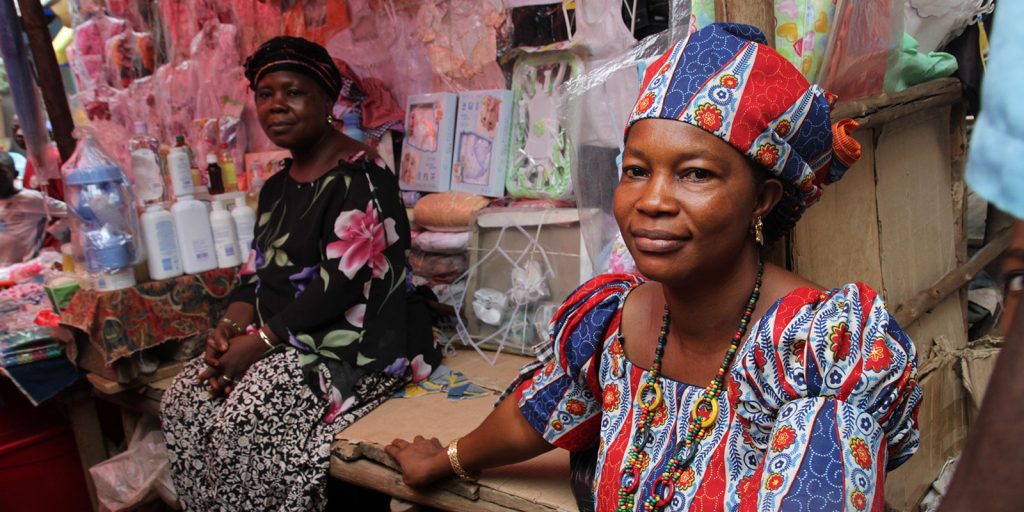
This week, on the 8 March, the world celebrated International Women’s Day. For African women, the commemoration carries particular significance. This year, it coincides with the start of trading under the African Continental Free Trade Area (AfCFTA) – a uniquely Pan-African programme that enables African countries to pursue socio-economic development and peace and security.
In South Sudan, Women’s Rights cannot wait for COVID-19 or Peace
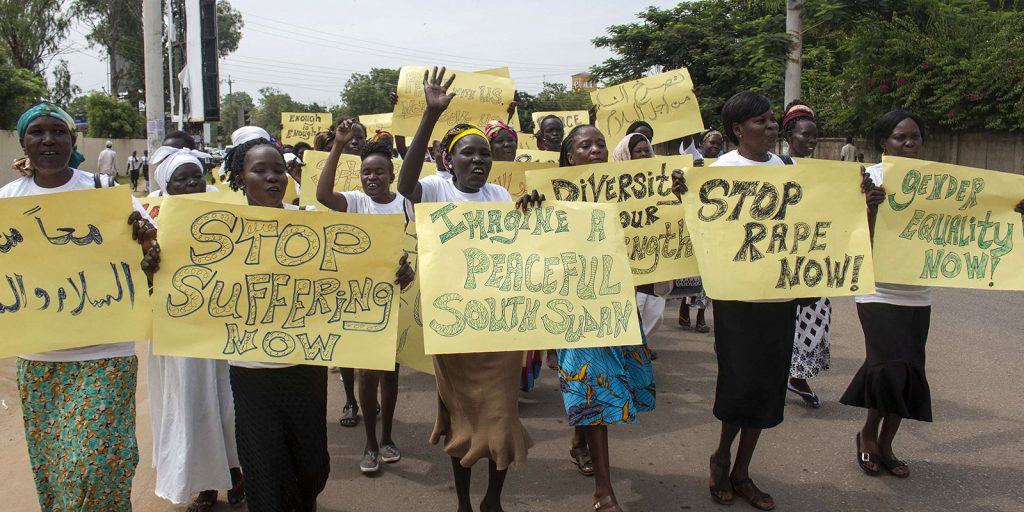
This women’s month, we should celebrate all the girls and women who remain resilient and continue to fight for their rights and the rights of others, despite all the challenges that we faced before and are now facing with the COVID-19 pandemic. Around May 2020 when the COVID-19 pandemic was becoming more and more serious, a group of women, including women’s rights activists and some men took to the streets in Juba to demand justice for an 8-year-old victim of rape. Prior to the protest, as we organised and mobilised, we were advised to stop and forget about the protest. We were told that a gathering would be considered as political and also against the COVID-19 lockdown restrictions. This did not stop us from going ahead with our protest because rape is war on a girl’s or woman’s body and that is political too!
